The book explores the philosophical dimensions of Bhakti tradition in India in all their variety and depth, and raises the question such as whether the world of feelings which is intrinsically subjective and personal in character can ever be an ‘object’ of rational enquiry. It asks "Is Bhakti possible without belief in personal God or any God whatsoever?" and, tries to articulate the ‘ideals’ immanent in the life of feelings without reference to those involved in knowledge. Bhakti is seen as Purusartha embedded in the world of feelings than man lives in. The issues related to this "seeking" are discussed in a spirit of free and critical enquiry which may come as a surprise to those who see the tradition as "closed" in respect of such things. Who would ever believe that such a discussion was held at Vrindavan, and that too under the Chaitanya Prem Samsthan, seat of the foremost Bhakti tradition of India. But the religions of Indic origin have had a tradition of free enquiry which is not found elsewhere. The life of feelings has too long been neglected by philosophers and "ideals" involved in it have hardly been paid any attention uptill now. The book thus attempts to shift the attention of the philosophical world to this neglected dimension of human personality which, if properly cultivated, might change the ‘inner’ life of man as it is ‘lived’ and experienced by him/her.
ABOUT THE AUTHOR Daya Krishna
Daya Krishna was Profesor of Philosophy at the University of Rajasthan, Jaipur, India. He has written extensively on Indian Philosophy and his major works include Indian Philosophy: a Counter-Perspectives (1991-96), New Perspectives in Indian Philosophy (1991), Indian Philosophy: A New Approach (1992). His most recent work on Indian Philosophy is Developments in India Philosophy from 18th century Onwards: Classical and Modern (2002). He has also edited India’s Intellectual Traditions (1987-2003), and Bhakti: A Contemporary Discussion (2000) and written A Prolegomena to any future Historiography of Cultures and Civilisations (1997). A collection of his philosophical writings has been published under the title The Art of the Conceptual: Explorations in a Conceptual Maze over three decades (1989). A Work on his ‘philosophy’ has been published entitled The Philosophy of Daya Krishna (1996).
ABOUT THE AUTHOR Mukund Lath
Dr. Mukund Lath (born in 1937). He is a historian teaching in the Department of History and Indian Culture in the University of Rajasthan, Jaipur. He has had an interest in music since his childhood and is a disciple of Pandit Jasraj. He is equally interested in the theory and history of Indian music and his A Study of Dattilam (1978) has been widely acclaimed among musicologists and scholars all over the world. His other works include an English translation of the Kalpasutra, the traditional biography of Tirthankara Mahavira and a study and translation of the Ardha-Kathanaka, published under the title Half A Tale. This is an autobiography in Hindi written by a Jain merchant and religious rebel in mid-17th century.


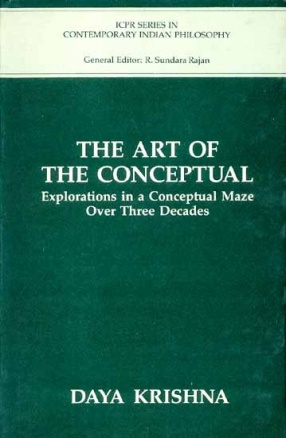
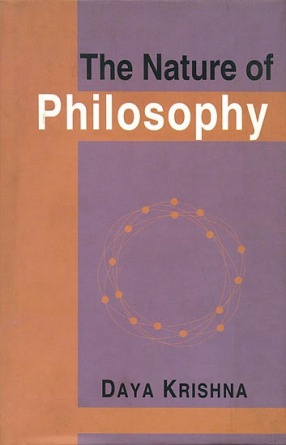
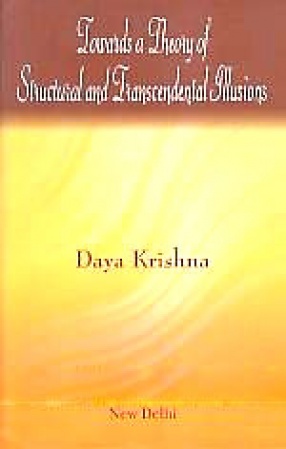
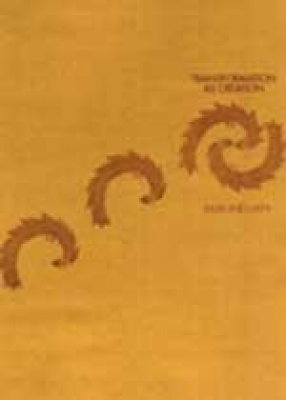
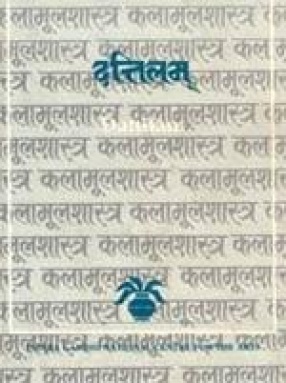
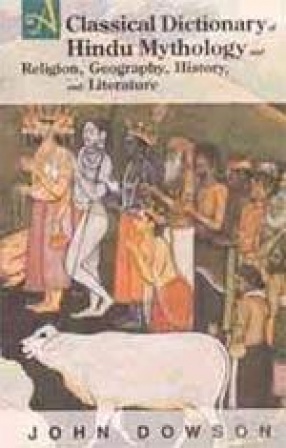
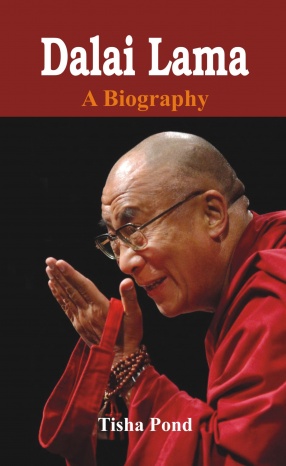
There are no reviews yet.